This video examines the relative sizes of atoms, neutrons, protons and electrons.

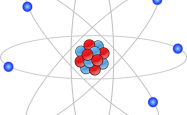
This video examines the relative sizes of atoms, neutrons, protons and electrons.
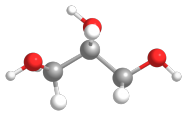
This video looks at non-Newtonian fluids.
This TED Ed video (4:28) would be useful in extending a student's understanding of the particle model of solids, liquids and gases.

This video looks at non-reversible changes to matter.
The resource is a TED Ed video (4:29) that examines the many reactions that occur in the simple act of making cookies.
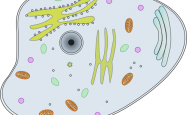
This video deals with how the immune system fights diseases.
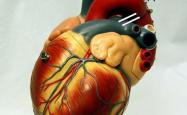
This video shows how a heart pumps blood.
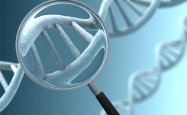
This online resource explores Mendelian genetics.
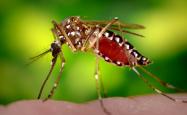
This online resource looks at an example of natural selection in humans.
The two linked resources concerning sickle-cell anaemia are suitable for use with Year 10 students.
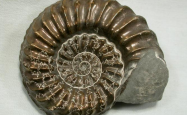
This online resource details a student activity involving natural selection.

This online resource details a scientific investigation into brine shrimp.
The resource details an activity where students investigate sexual selection in brine shrimp.
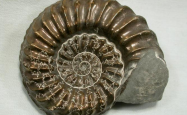
This online resource looks at the geologic timeline.